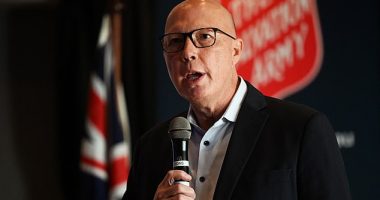That’s well above the international average of nine per cent.

The watchdog found current policies, such as the childcare subsidy and the hourly rate cap were failing to drive down costs.
ACCC Chairwoman Gina Cass-Gottlieb said the report found market forces under current policy settings were not delivering on “accessibility and affordability” for all children and families across Australia.
“Quality childcare is essential for Australian families,” she said.
“Early childhood education can help children reach developmental outcomes and supports parents and guardians to work and study.”
“This analysis provides important new insights into the costs of supplying services, how parents and guardians choose to use childcare and provides an evidence base for important policy discussion and consultation.”
The report found there was more supply in socio-economically advantaged areas and major cities, where parents and guardians generally have greater ability and willingness to pay.
Meanwhile, remote communities, and locations with a higher proportion of lower-income households have fewer childcare services and are relatively under-served.
Read Related Also: Hamas claims attackers were told not to kill civilians, women or children
“Our findings highlight that childcare is used by children and households in significantly different situations with vastly differing needs,” Cass-Gottlieb said.
“A ‘one size fits all’ approach that achieves all desired outcomes is not likely to be possible.”
One recommendation from the report included a further consideration of supply-side subsidies and direct price controls to limit the impact on the taxpayer.
Education Minister Jason Clare told Sky News today that he backed the recommendation today.
“The idea of naming and shaming providers that are charging over-the-top fees makes a lot of sense to me,” he said.
The report covered data from 2018-2022, and predates the federal government’s cheaper childcare changes, which came into affected from July 1.
The final report is due to be handed down by the end of the year.






